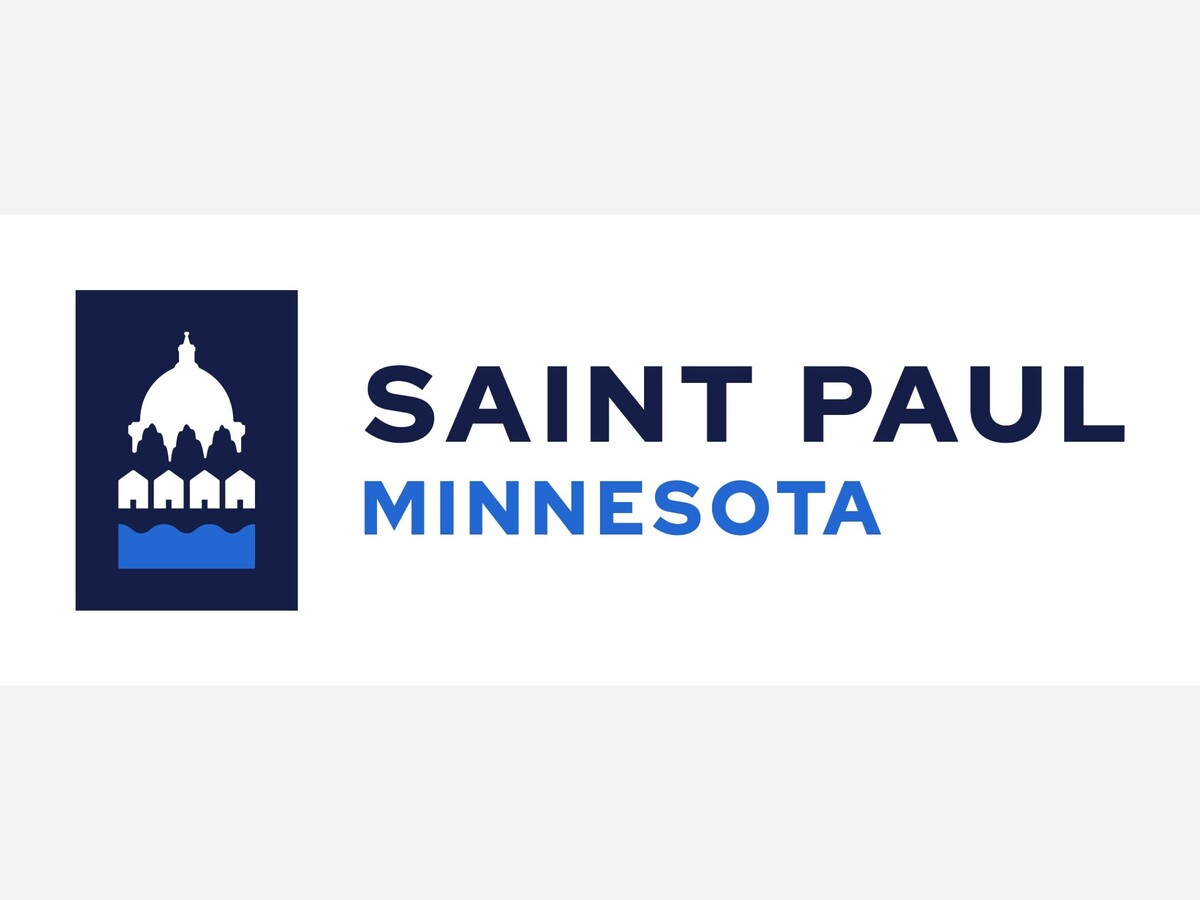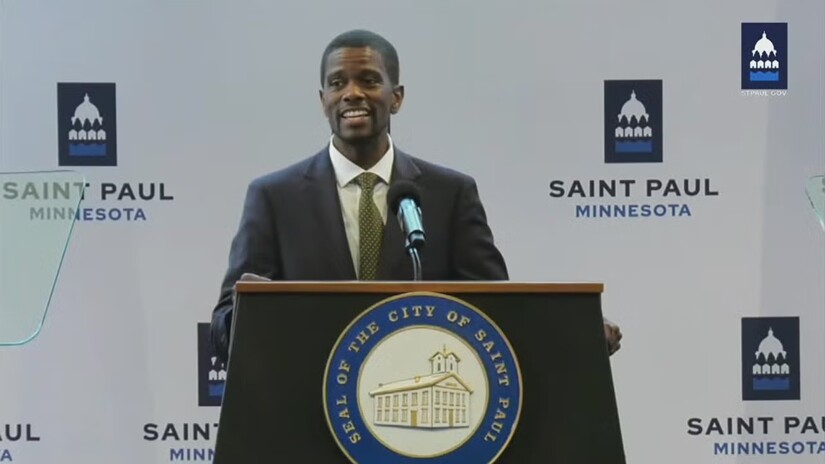Image


ST. PAUL, MN — As the November 4, 2025, mayoral election draws closer, two of St. Paul’s most influential political and business institutions—the local Democratic-Farmer-Labor (DFL) party and the St. Paul Area Chamber of Commerce—are sitting out the race, declining to endorse any candidate.

The absence of these major endorsements has set a quieter tone for this year’s campaign, even as the city faces pressing issues around public safety, housing, and economic recovery. The decision by both groups underscores an unusual election season where voters, rather than party machinery or institutional influence, may ultimately determine the city’s direction more independently than in years past.
The race features incumbent Mayor Melvin Carter (DFL), State Representative Kaohly Vang Her (DFL–64A), scientist Yan Chen, mechanical engineer Adam Dullinger, and businessman Mike Hilborn. While Carter seeks a third term on a record of community-focused leadership and investment in affordable housing, his challengers have sought to channel voter concerns over crime, taxes, and affordability.
Despite the competition, the absence of major institutional endorsements from both the city’s dominant political party and its largest business organization has shifted the campaign dynamic. Candidates have instead leaned into direct voter engagement and neighborhood-level outreach to define their messages.
The St. Paul DFL confirmed that it will not endorse a mayoral candidate this year, citing financial and organizational challenges. The local party unit has been operating without a chair or vice-chair, and lacks the volunteer base and resources typically needed to conduct precinct and ward caucuses essential for its endorsement process.
According to the party’s 2024 year-end campaign finance filings, the St. Paul DFL reported a modest balance of just over $2,800. Party officials said this limited capacity, combined with a need to reorganize ahead of the city’s shift to holding municipal elections in presidential years, made it impractical to host a formal endorsement convention.
A former DFL chair noted that the absence of the endorsement process—a tradition that often energizes grassroots activists early in the cycle—has left the city’s political activity more subdued this year.
Similarly, the St. Paul Area Chamber of Commerce Political Action Committee (SPACC PAC) has opted not to endorse a candidate in the mayoral race. The Chamber’s PAC, which describes itself as nonpartisan, typically supports candidates who demonstrate an understanding of local business needs and advocate for economic growth and a competitive tax climate.
While the PAC is backing a candidate in a St. Paul City Council special election, it chose not to engage in the mayor’s race. The organization said its decisions are guided by electability and alignment with business community priorities, though no single candidate met its endorsement criteria this cycle.
Without the influence of major endorsements, candidates are centering their campaigns on the core issues facing the capital city.
Public Safety and Crime:
Public safety remains a leading concern across all campaigns. Mayor Carter is emphasizing his administration’s “Community-First Public Safety” framework and continued investments in gun violence prevention. Challenger Yan Chen has called for addressing petty crime and building stronger police-community trust, while Mike Hilborn is advocating for “accountability” and a reduction in crime rates. State Rep. Her, meanwhile, lists “safe communities” as a foundational issue, emphasizing the need to balance enforcement with prevention.
Taxes and Economic Vitality:
The city’s tax burden and economic outlook are also at the forefront. Hilborn is campaigning on lower taxes, arguing that St. Paul’s cost of living and business expenses have become prohibitive. Chen has pledged to “hold the line on taxes” by maintaining flat city levies. Rep. Her has criticized the incumbent administration for what she describes as stalled development at key sites and a “stretched thin” tax base, while Mayor Carter points to his efforts to attract investment and stabilize the city’s fiscal health during challenging economic times.
Housing and Affordability:
All candidates acknowledge the ongoing housing affordability crisis. Carter’s campaign highlights his record of expanding access to affordable housing and leveraging federal and local resources to support development. Her argues that housing in St. Paul remains “too expensive and inaccessible” for working families, calling for stronger partnerships to address supply and affordability gaps.
As early voting continues, St. Paul voters are navigating a mayoral race without the traditional signals of party or business endorsements. Instead, they are weighing candidates’ records and proposals directly—on safety, affordability, and the city’s economic future.
For the first time in recent memory, the contest for St. Paul’s top office is unfolding largely outside the influence of its usual power brokers, offering residents an election that is quieter—but potentially more independent—than in years past.